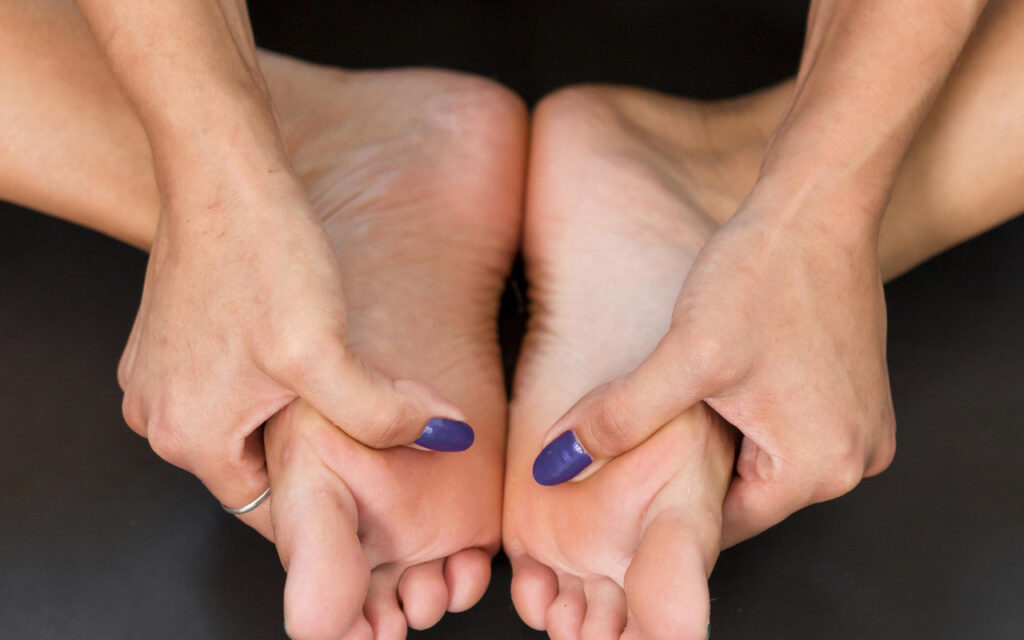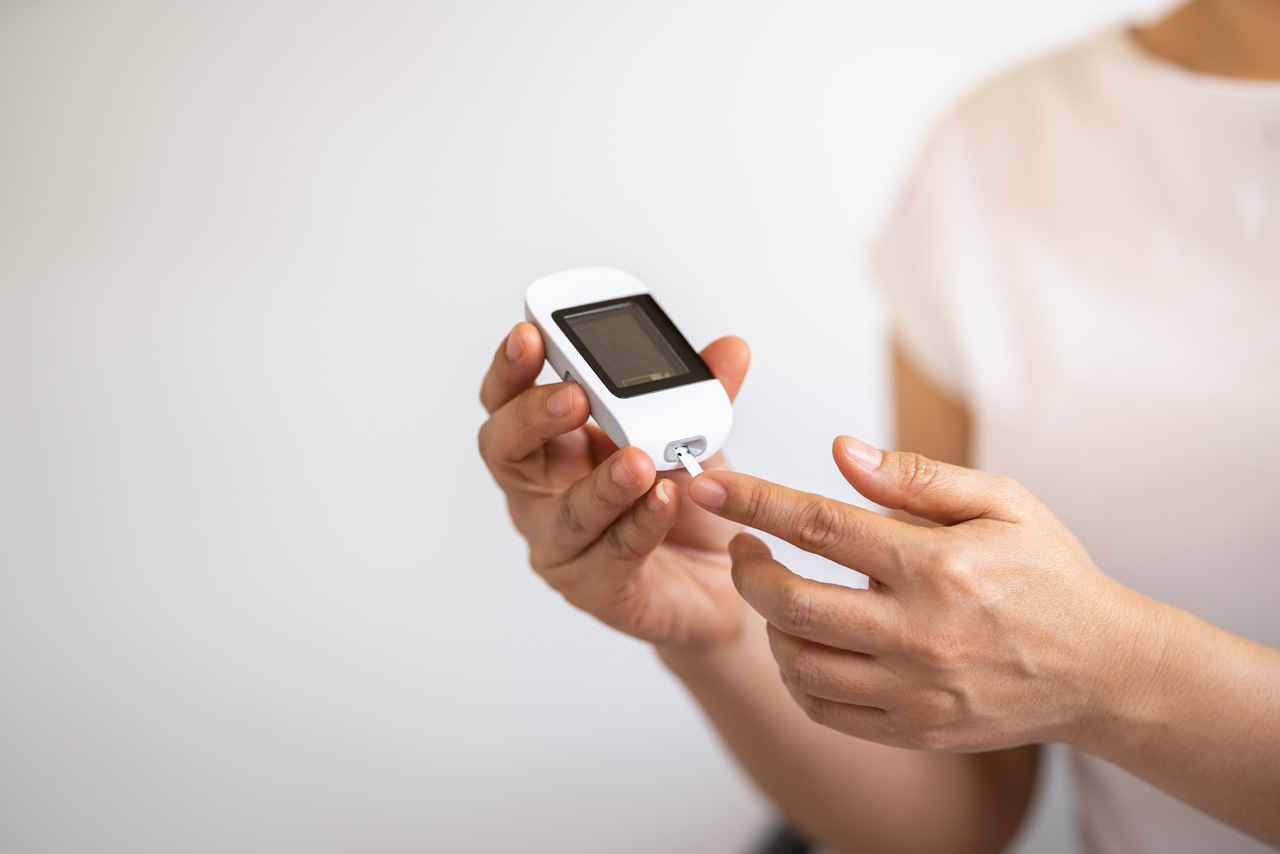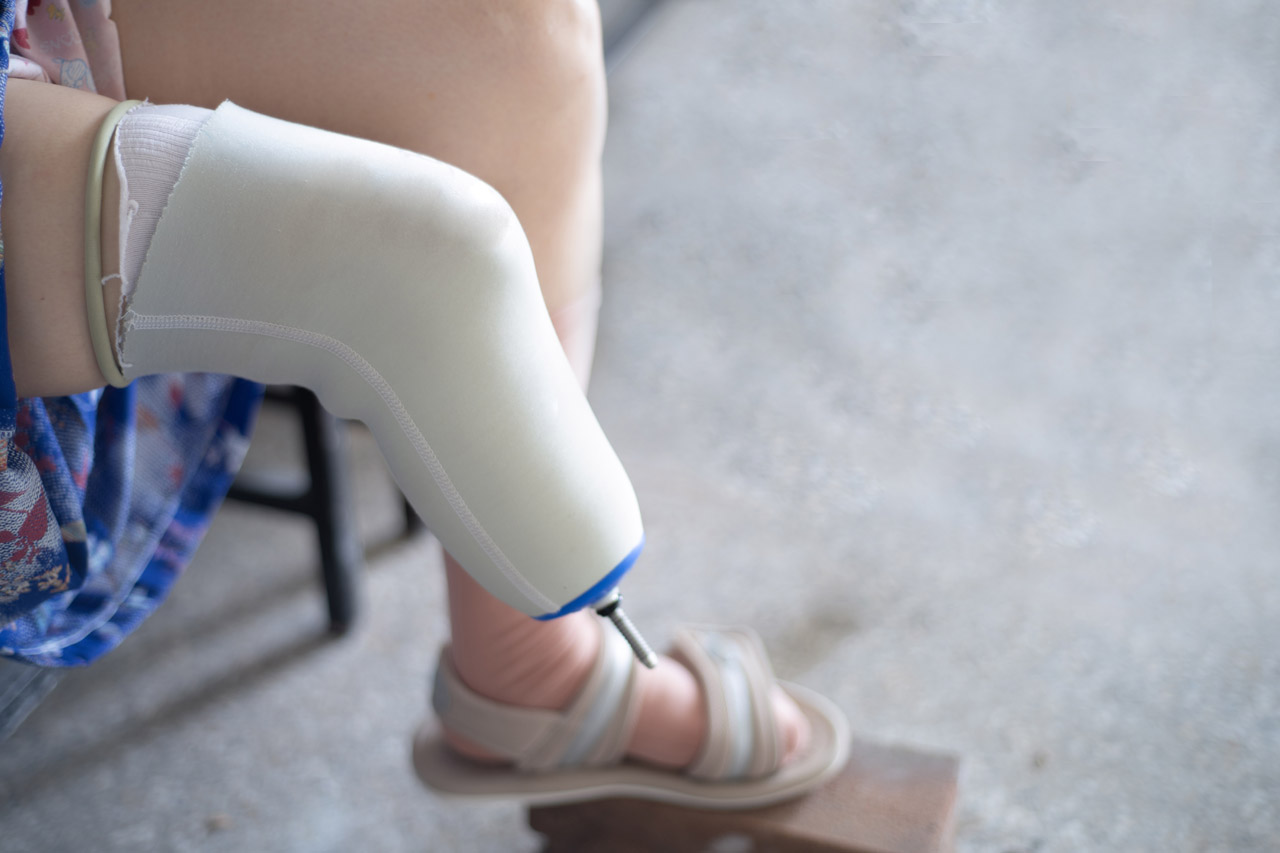Wake up: Call your doctor right away
The population with diabetes should know the fact that meeting their doctor quite often would save them from severe complications of diabetes and act as a crucial aspect of diabetic care. Your doctor may recommend a few specific foot care strategies in your early stages to prevent the risk of amputation.
If you observe any of the following alterations in your body, it is essential to promptly seek medical help:
- Discomfort and tingling sensation in the feet
- Any cuts and blisters
- Variations in foot temperature
- Alterations in the skin color of feet
- Any foot fungal infections
- Foot sores
It’s time to be more attentive and responsible about these little changes you observe in your body because they might lead to amputation. Meet your doctor right away and discuss these minor changes because healthcare professionals could reverse complications, like infections, and follow the foot care tips discussed below.
A Few foot care tips:
Diabetic foot care is crucial because diabetes can pose significant risks to your feet, where even a minor cut can lead to severe foot complications. Discover a few foot care tips to avoid the necessity of foot amputation and sustain your mobility for years to come.
- Inspect your foot daily: Examine your feet for cuts, blisters, redness, swelling, or nail issues. Be patient while checking your foot and give special attention to the spaces between your toes.
- Avoid walking barefoot: Never go barefoot; wearing shoes or slippers is essential. You might accidentally step on something and incur a scratch or cut. Being diabetic, it’s important to remember that even the tiniest of injuries can lead to a foot ulcer.
- Make Sure your feet stay dry: Avoid allowing your feet to become wet in snowy or rainy conditions. Your wet feet can increase the risk of infections.
- Pick comfortable and supportive footwear: Wearing tight-fitting shoes can force your toes into close contact, increasing the risk of skin injuries and potentially resulting in diabetic foot ulcers.
- Trim toenails carefully: Exercise caution when cutting your toenails to prevent accidental harm, especially since people with diabetes often have reduced sensation of pain in their feet.
- Regular exercise: Try to be more active and engage in physical exercises to increase overall blood circulation in your feet.
- Avoid smoking: Smoking can increase the risk of peripheral arterial disease. It impairs your wound-healing capacity, as it restricts the flow of oxygen and nutrients to your injuries.
You can prevent foot issues by providing proper care of your feet and responding promptly when a problem arises. Taking preventive steps, and actively managing conditions like diabetes and peripheral vascular disease can significantly decrease the risk of amputation.
Regular monitoring and follow-up can aid in avoiding diabetes-related complications. Amputation-free India is a campaign to raise awareness about diabetes-related amputations and prevent you from this complexity of diabetes.





